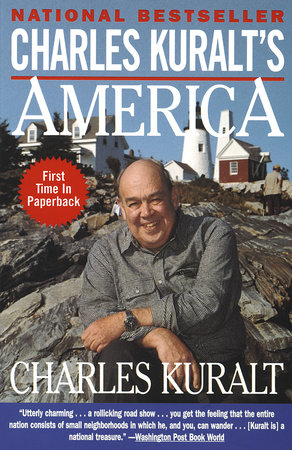

Ostend
By Volker Weidermann
Translated by Carol Janeway
By Volker Weidermann
Translated by Carol Janeway
By Volker Weidermann
Translated by Carol Janeway
By Volker Weidermann
Translated by Carol Janeway
Category: Historical Figure Biographies & Memoirs | Arts & Entertainment Biographies & Memoirs | Literary Figure Biographies & Memoirs | World History
Category: Historical Figure Biographies & Memoirs | Arts & Entertainment Biographies & Memoirs | Literary Figure Biographies & Memoirs | World History

-
$24.95
Jan 26, 2016 | ISBN 9781101870266
-
Jan 26, 2016 | ISBN 9781101870273
YOU MAY ALSO LIKE
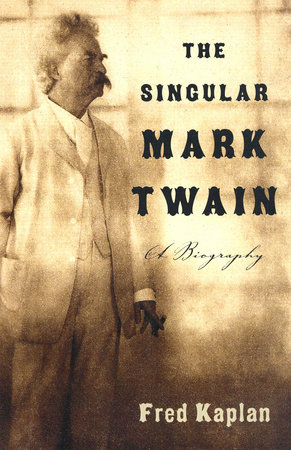
The Singular Mark Twain
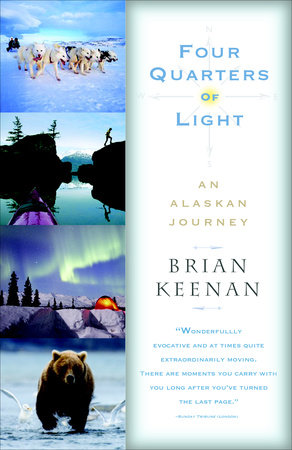
Four Quarters of Light
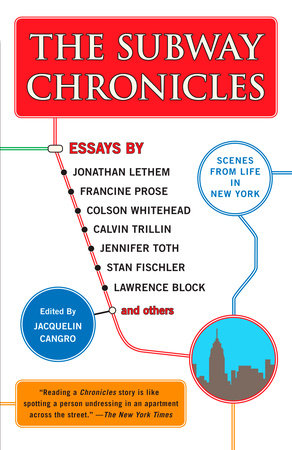
The Subway Chronicles
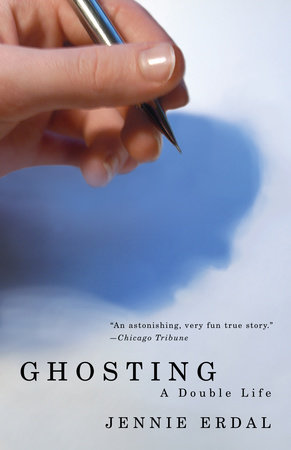
Ghosting
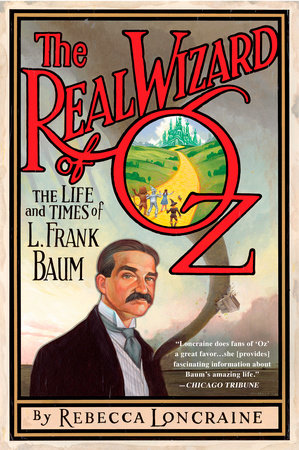
The Real Wizard of Oz
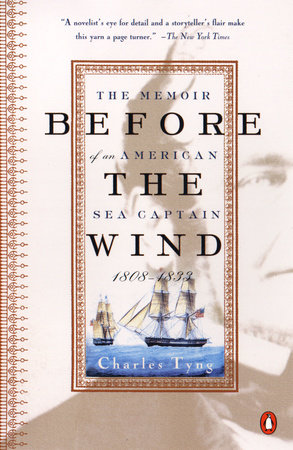
Before the Wind
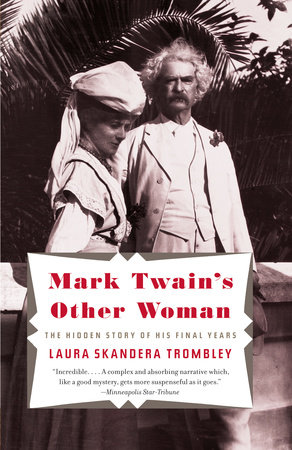
Mark Twain’s Other Woman
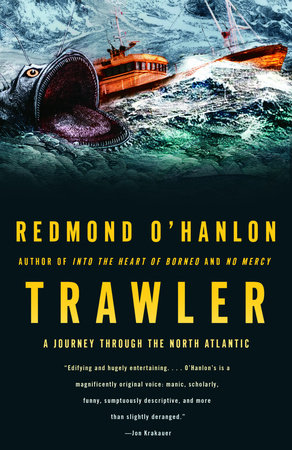
Trawler
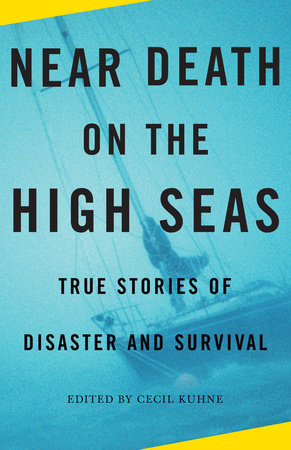
Near Death on the High Seas
Praise
“Ostend might appeal to fans of The Grand Budapest Hotel and Wes Anderson’s other movies. . . . it boasts a cinematic quality that invites readers to imagine it as a movie with heaps of alcohol, sex, and intrigue.” —The New York Journal of Books
“Potent and melancholy. . . . Weidermann has combed letters, books, diaries, and reminiscences and used them to tell his sad tale as if it were a novel.”—Michael Prodger, The Times (London)
“Lovely. . . . The late Carol Brown Janeway, translator of Bernhard Schlink’s ‘The Reader,’ has translated Weidermann’s lean, elegant, sometimes impressionistic prose gorgeously from the German. . . . a tribute and an elegy.” —Julia M. Klein, Forward
“A fascinating story, brilliantly told.” —David Herman, The Jewish Chronicle
“Dazzling. . . . Graceful. For such a slim book to convey with such poignancy the extinction of a generation of ‘Great Europeans’ is a triumph.” —The Sunday Telegraph
“Light on its feet, a reverie in a way. . . . [Weidermann] writes the book as a novel, almost, recreating scenes and channeling characters’ thoughts . . . I enjoyed getting lost in the book’s melodies.” —Jennifer Senior, The New York Times
“Weidermann evokes a remarkable sense of spirit and place . . . . Ostend is a beautiful jewel of a book; an all-too-brief breath of the rarefied air of another era. If that summer at Ostend revitalized Zweig and Roth and all the others against the coming of the dark, so too Weidermann’s stirring account of it revitalizes the contemporary reader 80 years later.” —Popmatters
“Like Wes Anderson’s Zubrowska in The Grand Budapest Hotel. . . . at once haunting and ornamental: an antique music-box of melancholic atmosphere. . . . A meditation on the act of creation, one that explores how we make refuges out of our own pasts.” —Tara Isabella Burton, The New Republic
“A triumph.” —The Telegraph (Five stars)
“This is a marvelous book about many things — politics, love, identity, belonging — but at its heart is the story of a great and troubled friendship between two great and troubled writers. . . . Summer Before the Dark is literary biography at its best. Faithful to facts, it reads like a novel. With its elegiac atmosphere, extreme personalities, tense political backdrop and tragic central relationships, it would make a terrific film — Death in Venice with more sex, more booze, more action and considerably more conversation.” —Rebecca Abrams, Financial Times
“Volker Weidermann magically evokes the mood of these artistic refugees as the sun set on the civilized order of Europe. . . . “Ostend,” which has been marvelously translated by Carol Brown Janeway, abounds in poetry and deadpan understatement. . . .The dissonance between the writers’ languid summer and the utter ruthlessness of what awaits gives “Ostend” a dream-like quality. The book is as transporting as fiction—I had to remind myself that it wasn’t as I read. Partly this is due to the level of detail. Mr. Weidermann knows which café each writer favored, what they drank, which manuscripts they read aloud. It could be Hemingway.” —Roger Lowenstein, The Wall Street Journal
“Resonant. . . . As Europe tumbles towards darkness, the writers in Ostend create a haven for love and literature – one they know is doomed – that Weidermann evokes with skill and delicacy.” —The Sunday Times
“Ostend reads as a time capsule that Weidermann has sorted through for us, and organized. . . . Remarkable.” —Michelle Frost, Cleaver Magazine
“Breezier and more brightly written than a study of two profound minds in torment on the eve of global disaster should reasonably be; an enthralling, juicy read.” —Big Issue
“A sign of how far [the revival of Zweig and Roth’s work] has succeeded… a work of popular history very much like those Stefan Zweig used to write.” —New Statesman
“Beautifully translated by Carol Brown Janeway . . . a short but vital calm-before-the-storm history, one that shines a valuable light on two of the 20th century’s finest writers . . . rich in insight and empathy. This is a sparkling gem.” —Malcolm Forbes, Minneapolis Star-Tribune
“Intimate. . . . Weidermann gives us a glimpse of what was, to many of these writers, a brief but rare home.” —Claire Hazelton, The Guardian
“Weidermann has so deeply internalized the writings and temperaments of Zweig and Roth, he luminously and empathically chronicles the nuances of their bond, affirming their deep belief in writing, which Roth described as a ‘sacred duty,’ and the ‘countless blessings’ of books, as Zweig put it. A funny, bittersweet, tragic, and haunting tribute to the radiance of love and literature in the grimmest of times.” —Donna Seaman, Booklist
“[Weidermann’s] writing is careful, respectful, and he discloses no secrets, exposes no scandals; he simply introduces the salon in a ‘You Were There’ approach, acting as a camera recording events that have long since been revealed, adding commentary that rarely leaves the heads of the writers whose minds he ostensibly probes. Carol Brown Janeway, best known for her translation of Bernhard Schlink’s The Reader, and who died shortly after completing work on Ostend, has maintained Weidermann’s tone and has captured the existential essence of the omniscient narrator’s voice . . . . There are some lovely insights.” —Bookslut
“The book is rendered in vignettes notable for their economy of language, and Weidermann’s keen sense of place anchors an incisive, sympathetic overview of the sweeping political and cultural shift in 1930s Germany. Janeway’s elegant translation only strengthen’s a worthy addition to the growing body of work on Zweig. . . . Highly recommended.” —Library Journal
“In prose that reflects Zweig’s own sparse, pretty, razor-sharp words, journalist and Der Spiegel literary critic Weidermann puts his newsman talents to work for a lush re-creation of the summer a handful of Europe’s most well-known intellectuals and artists gathered together in the hotels and bars of this resort community for a thrilling mix of hope, despair, and disbelief while the world outside them fell apart.” —Signature, 7 Books We’re Excited to Crack Open in 2016
“Sparkling. . . . Weidermann’s storytelling is piquant.” —Publishers Weekly
“Taut, novelistic. . . . In lyrical prose, Weidermann re-creates the atmosphere of an ephemeral moment for both writers and the disillusioned men and women who gathered with them. . . . Evocative, sharply drawn portraits and a wry, knowing narrative voice make for an engrossing history.” —Kirkus (starred review)
“Volker Weidermann has struck gold.” —Die Zeit
“A fascinating book . . . splendidly researched and highly informative.” —Die Welt
“[Weidermann] paints a picture of how things could have been during this summer of farewells.” —Elke Heidenreich, Stern
“A study of the meeting of the crème-de-la-crème of exiled German writers . . . A work of literary criticism which reads like a novel.” —BR
“Weidermann’s exacting gaze and his wealth of knowledge makes this a highly worthwhile volume—a special, melancholic chapter of literary history.” —WDR 3
“Beautifully captures the feeling of departure.” —Tagesspiegel
“A truly impressive work of 20th century history and cultural history, all packed into a mere 160 pages.” —Christine Westermann, WDR
“Eloquently, expertly, and with all his skills at re-creating atmosphere, Weidermann pulls us into the literary history of the 20th century.” —Deutschlandradio Kultur
21 Books You’ve Been Meaning to Read
Just for joining you’ll get personalized recommendations on your dashboard daily and features only for members.
Find Out More Join Now Sign In









